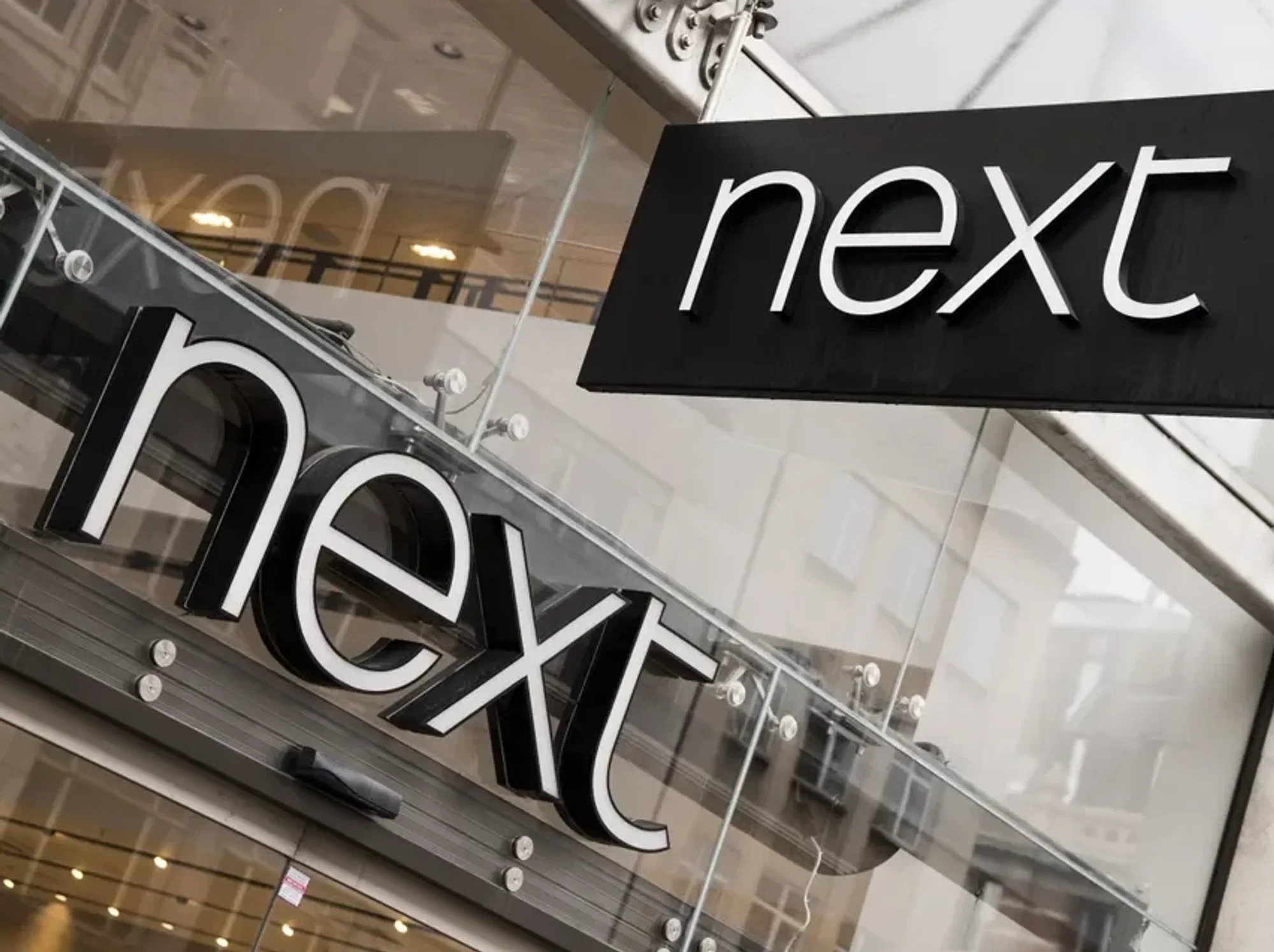Mortgage 'uncertainty' for millions amid high interest rates despite savings boom

Despite the property market showing signs of recovery, analysts warn mortgage holders still face 'uncertainty' in the near future
Don't Miss
Most Read
Britons face mortgage "uncertainty" amid a period of high interest rates despite many enjoying a major savings boon, according to new analysis of Bank of England figures.
Mortgage repayments have surged in recent years in response to the central bank's decision to hike the base rate in an effort to bring down inflation.
Despite this trend, savers have been able to benefit from interest rates reaching as high as 5.25 per cent. However, the Bank has begun to bring the rates down to around four per cent.
According to Hargreaves Lansdown's analysis, the property market showed tentative signs of recovery as mortgage approvals for home purchases increased by 800 to reach 65,400 in July, marking the third consecutive monthly rise.
 ISAs are useful tools for those looking save and avoid paying tax | GETTY
ISAs are useful tools for those looking save and avoid paying tax | GETTYThis follows four months of declines after the stamp duty holiday ended. Borrowing costs continued their downward trajectory, with average rates on new mortgages falling for the fifth straight month to 4.28 per cent in July from 4.34 per cent in June.
Despite these improvements, approval levels remain modest compared to historical benchmarks. Monthly approvals averaged 62,700 last year, whilst pre-pandemic figures in 2019 typically reached 66,700.
The current recovery appears fragile, with Hargreaves Lansdown's head of personal finance Sarah Coles warning that June's uptick in buyer and seller activity failed to sustain through July, and early indicators suggest property values may have declined in August.
Multiple factors are creating headwinds for potential property buyers, including elevated house prices, employment market uncertainty, and speculation about possible property tax changes in upcoming budgets.
Do you have a money story you’d like to share? Get in touch by emailing money@gbnews.uk.
Coles shared: "The jury is out on what happens next. June’s pick up in buyers, sellers and sales didn’t last into July and there are early signs that property prices fell in August.
"Buyers have been hit with a combination of high house prices, relatively high mortgage rates, uncertainty over the future of the jobs market, and worries about Budget speculation on possible property taxes. It means that, despite the small bump in approvals, we could see more buyers get cold feet over the autumn."
"With house prices relatively stagnant, and so many unknowns, there's no need to rush into a purchase," Coles advised.
She recommended prospective buyers use this period to strengthen their financial position, particularly through Lifetime ISAs, which offer government bonuses of up to £1,000 annually.
For those with existing LISAs, maximising contributions before year-end could provide valuable additional funds. New savers with at least twelve months before purchasing properties valued under £450,000 could still benefit from opening these accounts.
Cash ISAs attracted particularly strong inflows of £2.7billion during the month, maintaining robust demand despite declining returns.
The data shows savers channelled £4.3billion into interest-bearing easy access accounts while adding £1.6billion to non-interest accounts. However, fixed-rate products saw withdrawals as customers shifted preferences.
According to the HL Savings and Resilience Barometer, British households have significantly strengthened their financial buffers, with typical families now holding sufficient reserves to cover 3.3 months of essential expenses.
Interest rates on savings products declined across the board during July. The typical rate for new fixed-term deposits dropped by 18 basis points to 3.84 per cent while easy access accounts saw a marginal decrease from 1.91 per cent to 1.89 per cent.
The most attractive easy access ISA now yields 4.41 per cent with one-year fixed ISAs at 4.31 per cent and three-year products offering 4.25 per cent. "It's notable that the best easy access rate is so close to the best fixed-rate deals," Coles observed.
LATEST DEVELOPMENTS:
 The ISA limit is £20,000 each tax year | PA
The ISA limit is £20,000 each tax year | PAMs Coles anticipates fixed-rate products will eventually offer better returns than instant access accounts as markets return to normal patterns, suggesting those with longer-term savings goals should consider locking in current rates.
The HL Savings and Resilience Barometer indicates that over half of British households now maintain adequate emergency funds covering three to six months of essential spending, up from pre-pandemic levels by a full month.
"As wages have risen, people have ploughed more into savings rather than spending," Coles explained.
Total cash ISA deposits reached £24.2billion for the April-July period, matching last year's figure and substantially exceeding the £19billion recorded two years ago, demonstrating sustained appetite for tax-efficient savings despite rate reductions.
More From GB News











